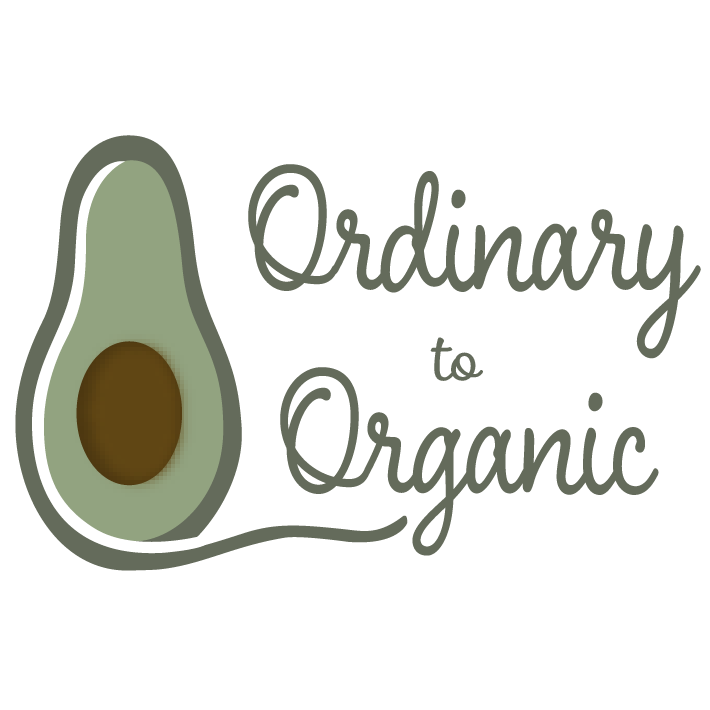
The Palm Oil Devolution
This topic is very close to my heart. Palm oil is a substance found in nearly every product we buy. From food to beauty, personal hygiene, animal food and in some countries even fuel. We consume it all day long without knowing, and is favoured by companies because is more efficient and cheap compared with any other vegetable oils. Additionally, its properties allow for a nicer experience for the final consumer such as extended shelf-life and neutral taste, amongst others.
The ugly side of Palm Oil is that at least 85% of the production comes from Indonesia & Malaysia. For this, mass deforestation in the local rainforest has had to take place to make room for the profitable industry to grow. An industry which has brought some species such as the Orangutan, Pygmy Elephant and Sumatra Rhino to the brink of collapse (1). Additionally, the impact of this deforestation and industrialisation has negative consequences in local biodiversity and global ecosystems due to the greenhouse gases released into the atmosphere. The Rainforest Rescue states that in 2015, Indonesia surpassed temporarily the US with their Co2 and methane emissions (2).

Why this matters to you and me?
So, how about Certified Palm Oil Plantations?

I have no doubt the work that organisations such as the RSPO is noble, and that they work hard in pursue of sustainability. However, it will be naïve to think that gaps in the chain are non-existent, and that every participant in this industry also has economic sustainability at the centre of their heart. I invite you to do a quick google search and see for yourself reports supporting this argument and exposing gaps in the “green branding” of Palm Oil exploitation (4)(5)(6).
The problem is complex. On the other hand of this argument Greenpeace suggests that by giving up products with Palm Oil and causing the collapse of the industry, the issue could be migrated to a new source, not actually resolving it. I don’t have an answer. The long term responsible answer could be that a balance will need to be found, where the best of both worlds can mutually benefit. For the moment, I’m rooting for the Orangutans and rainforest, so until their survival and ecosystem is guaranteed & restored my answer is no thanks!.
Help is in our hands
Changes one day at the time
- Check the ingredients of all products you buy. Soon you get the jest of which types are more likely to contain it & which brands avoid it. (Update: since I started doing this, I’ve noticed more and more brands are swapping palm oil for other vegetable oils, at least temporarily)
- Choose alternative products whenever possible. For example, I now swap milk chocolate for dark chocolate as this one is less likely to contain Palm Oil (still, check the ingredients!)
- Be aware the name can vary. Companies change the name to make it less obvious. You can find it as: PKO – Palm Kernel Oil, Palmate, Palmitate, Hydrated Palm glycerides, Stearic acid, FPO – Fractionated Palm Oil (7)
- Be an advocate. Talk to friends about this matter, write to companies and urge them to make better choices. Contact your MP for stronger policies.
- Prefer brands that are committed to sustainable actions and sources. The WWF has a handy scorecard, but there are various sources out there.
- This one is harder, but I try whenever possible to make my own products, that way I can be sure no nasties are used. So far I have succeeded with soap, mayonnaise, bread, pizza dough and butter.
Want to know more?
If this blog spiked your curiosity and you want to learn more, the internet is full of information. This is quite a hot topic so you will likely be overwhelmed by all the data that is out there. Check out some of the resources below to get you started. These contain some fact based data and tips on how to help and get involved in this Palm Oil Devolution.
- List of products where Palm Oil is likely found
- Palm Oil Scorecard
- My wake up call: Natural History Museum – Wildlife Photojournalism Story Award by Tim Laman. 5 pictures that describe the grim journey of endangered orang-utans in Borneo.
- Article in The Guardian from 2019 by Paul Tullis. How the world got hooked on palm oil.
- Greenpeace:5 problems with sustainable Palm Oil
- National Geographic: Palm oil is destroying rainforests. But try going a day without it
References
1. 8 things to know about Palm Oil. WWF
2. Palm Oil – Deforestation for everyday products. Rainforest Rescue
3. Why It Matters When Species Go Extinct. Treehugger
5. Palm oil watchdog’s sustainability guarantee is still a con
7. Palm Oil’s Dirty Secret: The Many Ingredient Names For Palm Oil. Rainforest Action Network


